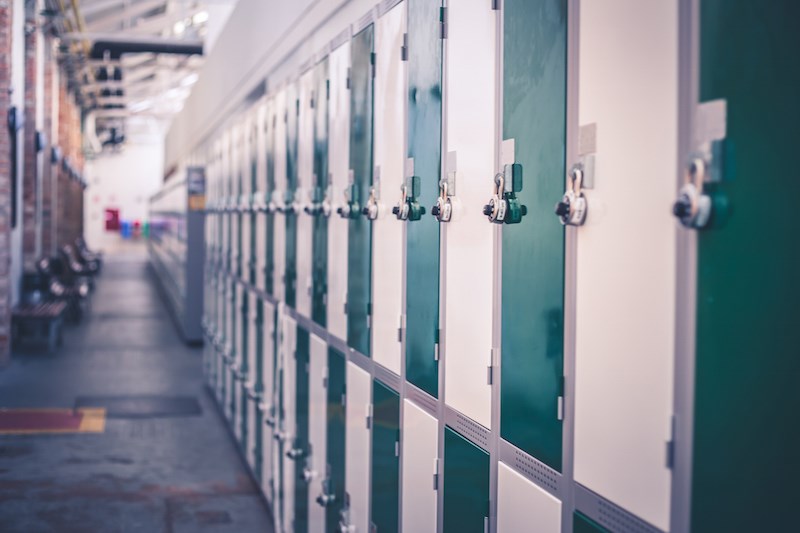I’ve spent the past couple of weeks doing speaking engagements at schools across the Lower Mainland. It’s one of the best things about my job: being able to connect with kids and talk with them about drugs.
What I've learned over the years from speaking to hundreds of teens is that what they want – and what they need – are honest conversations about drugs. Their friends are experimenting with drugs, maybe their parents are using drugs, and they’re seeing in the news every day the devastating and terrifying overdose crisis. Doing anything but telling them the truth about drugs would be pointless at best, deadly at worst.
And yet so often what they’re having is the opposite of those conversations. Instead, the messaging they hear about drugs is enforcing substance use stigma, passing on shame to the younger generation. They’re told that drug use equals addiction when the truth is that not all people who use substances develop a substance use disorder or any issue at all.
How we talk about drugs and drug use plays a huge role in why people avoid reaching out. The language we use around drug use and the issues that motivate drug use means that young people are left to cope alone and in isolation.
Kids today are savvier than many adults give them credit for
I was reminded of this over the past two weeks of talking and listening to young people in schools. I shared with them my experiences with drug use, with addiction and crime, and how harm reduction and recovery worked in tandem to help me piece my life together. I told them about how drugs filled a void for me, helped me manage anxiety and trauma, and that the drugs gave me what the adults around me couldn’t or didn’t want to – an escape from the emotional pain I was living with.
What I heard back from them really opened my eyes. Kids today are dealing with so many issues and complexities, and they are far savvier than many adults give them credit for. They told me how they need to hear how to navigate these complexities, and that includes complexities around drug use.
I heard how youth are already impacted by how society views drug use and harm reduction. They’re already dealing with stigma and shame and not talking about the issue because they’re embarrassed. How are kids supposed to feel comfortable with asking for help when they know they’ve already been judged?
Society loves to blame and shame people who use substances. But the reality is the majority of us are substance users. I remind students that almost everyone around them is a substance user. If someone uses caffeine (including coffee and energy drinks), alcohol, nicotine, cannabis, or sugar then they’re a substance user. We shouldn’t judge when we don’t know the full story.
Why we need to be honest about drugs with teens now
One student came up to me after a talk and thanked me for saying drug users aren’t bad people. “My dad died of an overdose in 2020 and I don’t tell people. He wasn’t a bad person, he was my dad and he loved me.” My heart broke.
Another student told me about her mom, who is addicted to drugs and separated from her. She believed her mom chose drugs over her. She was always told that by others. I let her know that I was sure that there isn’t a day that goes by that her mom doesn’t love her. Addiction is rooted in trauma and stigma, and that shame is causing intergenerational trauma.
I learned through these conversations that stigma starts early, which means they won’t be reaching out later. That’s why we need to be honest with them now. Talk to kids about mental health, drugs, and medications. Talk to them about harm reduction and drug checking. Talk to them about what’s in the drug supply.
Just don’t tell them to “just say no.” They’re too smart for that and it’s causing future generations harm. Instead of passing on these old lessons of shame, we should be sharing messaging of healing.
Guy Felicella is a Peer Clinical Advisor at the BC Centre on Substance Use. Follow him on Twitter at @guyfelicella



